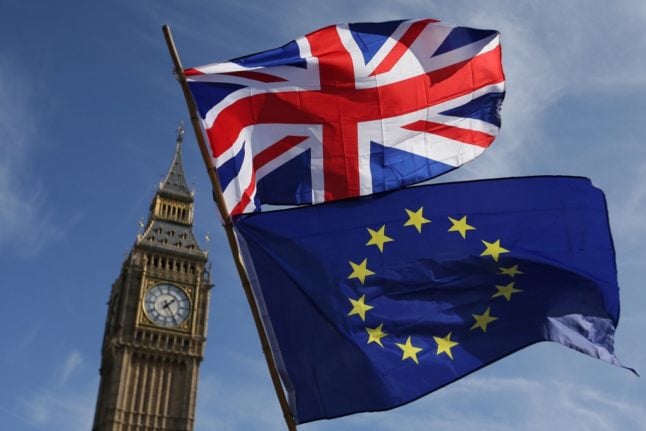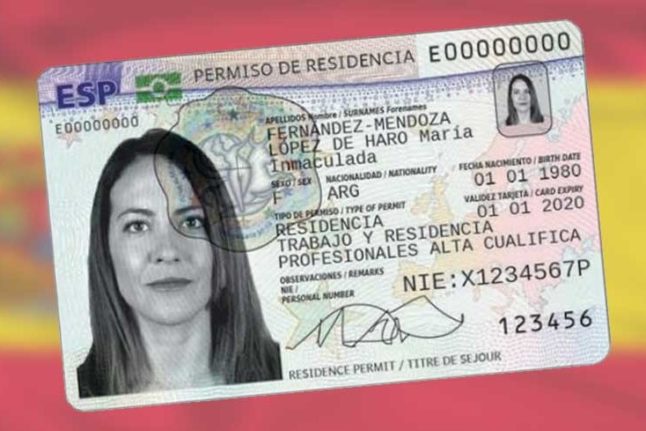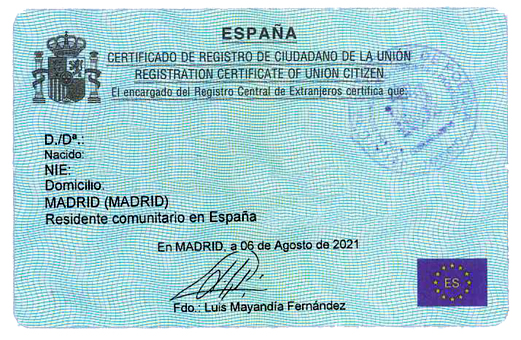In a joint statement, Boris Johnson and European Commission President Ursula von der Leyen said it was “responsible at this point to go the extra mile”. The pair discussed “major unresolved topics” during their call.
The two sides had said Sunday was the deadline for a decision on whether to continue with talks, with Britain due to leave the EU single market in 19 days.
On Saturday, Britain took the dramatic step of announcing that armed naval vessels will patrol its waters from January 1 to exclude European crews from the fisheries they have shared, in some cases for centuries.
Brussels' tone has been less bellicose, and von der Leyen has made it clear that the EU will respect UK sovereignty after Britain's post-Brexit transition period, but neither side is yet ready to compromise on its core principles.
Without a trade deal cross-Channel trade will revert to WTO rules, with tariffs driving up prices and generating paperwork for importers, and the failed negotiation may poison relations between London and Brussels for years to come.
On Wednesday, after what von der Leyen described as a “lively and interesting” working supper with Johnson in Brussels failed to find a breakthrough, the EU chief said they had agreed to “come to a decision by the end of the weekend”.
But if the talks are to be extended again, it would only be for “for a maximum of a few days”, France's Minister for Europe Clement Beaune told the newspaper Journal du Dimanche. “We're already in extra time,” he warned.
Much of the text of a possible trade deal is said to be ready, but Britain has rejected Brussels' insistence on a mechanism to allow it to retaliate if UK and EU law diverge in a way that puts continental firms at a competitive disadvantage.
Poisoned ties
“The defence of the single market is a red line for the European Union. What we have proposed to the United Kingdom respects British sovereignty. It could be the basis for an agreement,” a senior EU source said, echoing an earlier von der Leyen statement.
In London, a government spokesman stressed Britain was ready to leave the union and handle its own affairs after 47 years of close economic integration and that “as things stand, the offer on the table from the EU remains unacceptable.
“The prime minister will leave no stone unturned in this process, but he is absolutely clear: any agreement must be fair and respect the fundamental position that the UK will be a sovereign nation in three weeks' time,” the source said.
On Saturday, Downing Street had said the government had a playbook that “maps out every single foreseeable scenario” for potential problems after December 31, and “no one needs to worry about our food, medicine or vital supply chains”.
Johnson has said it is “very, very likely” talks will fail, and EU officials have expressed similar pessimism, but Frost and Barnier talked late into Saturday night and resumed on Sunday.
As talks continued in Brussels this weekend, some hardline UK Conservative MPs sought assurances from Johnson that the navy would be deployed to protect British waters. But others warned against needless provocation.
“We need to be building alliances not breaking them apart,” said Tobias Ellwood, a former army captain who heads the UK parliament's defence select committee.
Border bureaucracy
WTO terms would mean tariffs and quotas, driving up prices for businesses and consumers and the re-introduction of border checks for the first time in decades.
That has already raised the prospect of traffic clogging roads leading to seaports in southeast England, as bureaucracy lengthens waiting times for imports and exports.
Transport companies have also warned that EU member Ireland could see import volumes shrink in the event of new customs procedures for goods routed through Britain.
REMINDER: What Brits in Europe need to know about travel after December 31st




 Please whitelist us to continue reading.
Please whitelist us to continue reading.
Member comments